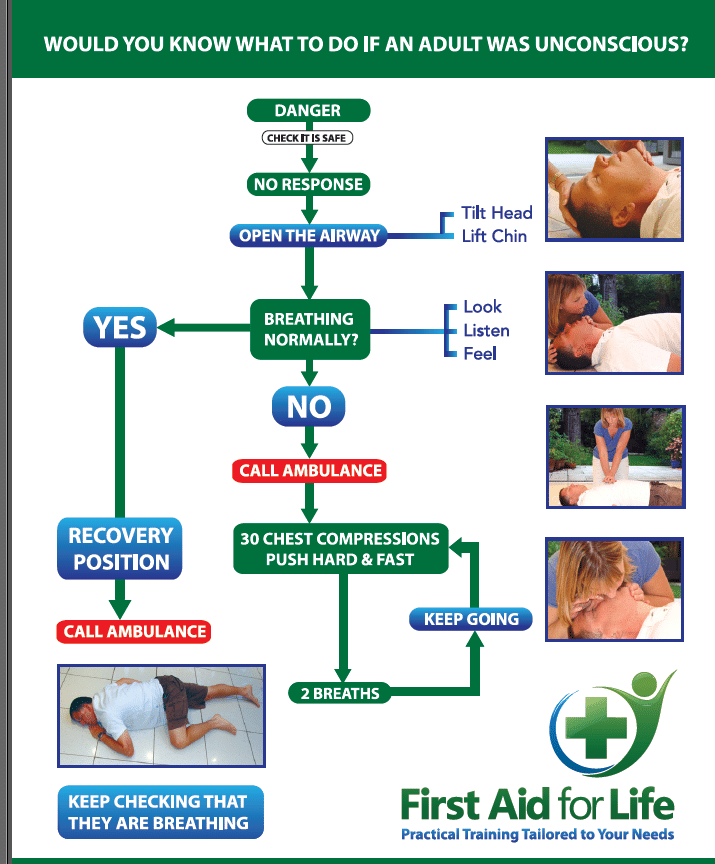When faced with a medical emergency, it is crucial to act quickly and decisively. The first step in providing first aid is to assess the situation and ensure that the area is safe for both the victim and yourself. Once safety has been established, check the victim for responsiveness and breathing. If the victim is unresponsive and not breathing, begin CPR immediately. If the victim is conscious and breathing, move on to the next steps.
Next, call for emergency medical assistance. Provide clear and concise information about the situation and follow any instructions given by the dispatcher. While waiting for help to arrive, administer any necessary first aid treatments, such as controlling bleeding or immobilizing a fracture.
First Aid Response Flow Chart
Assessment and Treatment
After ensuring the victim’s safety and providing immediate care, it is important to assess the extent of their injuries or illness. A first aid response flow chart can help guide you through this process, providing a step-by-step approach to assessing and treating common medical emergencies.
Follow the flow chart to identify the appropriate course of action for each specific situation. This may include checking vital signs, applying bandages, or administering medications. Remember to stay calm and focused, and continue to monitor the victim’s condition until help arrives.
Follow-Up Care
Once emergency medical assistance has arrived and taken over care of the victim, your role as a first responder is not over. It is important to provide any pertinent information to the medical professionals and assist in any way possible. This may include gathering medications or medical history, or providing additional support to the victim.
After the emergency has passed, follow up with the victim to ensure they are recovering well and offer any additional support they may need. Remember, being prepared with a first aid response flow chart and knowing how to act in an emergency can make a difference in saving lives.
